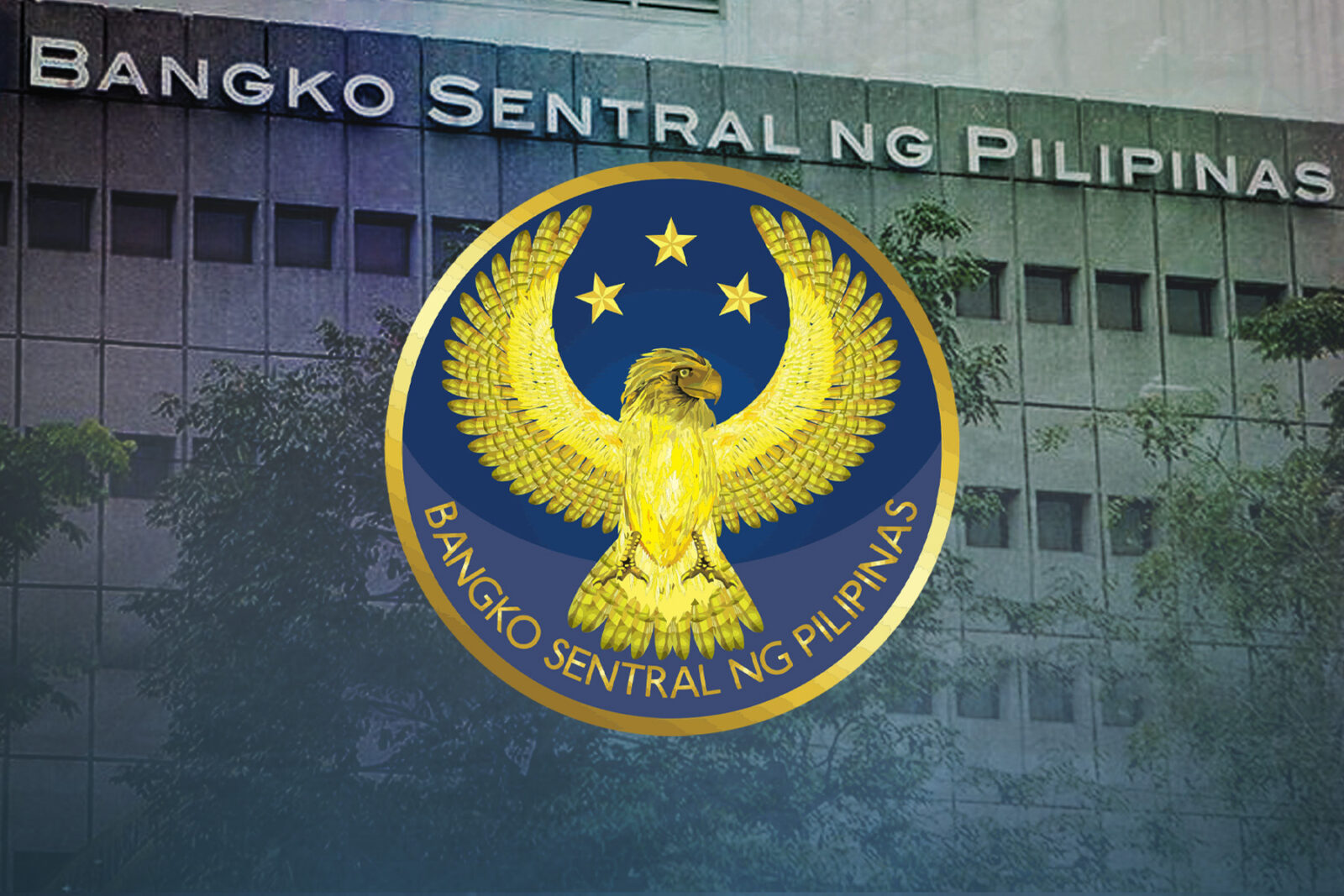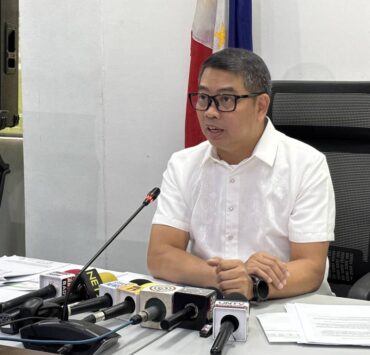BSP orders stricter client due diligence

The Bangko Sentral ng Pilipinas (BSP) wants banks and financial companies to incorporate news reports about individuals and entities with possible money laundering offenses in their screening of transactions and activities, in a bid to prevent any illicit flow of funds.
Memorandum No. M-2025-017 dated May 27, reminded banks and nonbanks to adopt policies and procedures in handling such news reports, which can be used to enhance customer due diligence.
The central bank issued the reminder amid an ongoing probe into the laundering of ransom money in the kidnapping of slain Chinese Filipino businessman Anson Tan, also known as Anson Que. The bad actors reportedly utilized e-wallets intended exclusively for casino gaming, shell accounts and cryptocurrency to conceal the money trail.
The BSP explained that news articles about possible money laundering and terrorist financing may trigger a deeper review of transactions and activities of certain customers and entities.
That said, the central bank is compelling financial firms to update their risk management practices so they can immediately spot any new and emerging threats to their products and services. Such operational risks include developments related to money laundering and terrorism financing carried in news reports.
Actions
According to the memo, banks and nonbanks under its supervision, like e-wallets, must monitor all relevant risk factors, including—but not limited to—institutional level of exposures to people and entities reported to have potential links to illegal activities.
At the same time, the BSP said financial companies must keep an updated list of sources of negative reports, such as news articles, public registers, court and congressional records, among others. Banks and nonbanks must also maintain a database of individuals and companies that were the subject of negative media reports.
Those reports are to be included in the screening of a customer’s transaction activities. To ensure a holistic investigation, the BSP said the screening must extend to ultimate beneficial owners and authorized signatories of juridical customers, as well as related parties.
Ultimately, the central bank said regulated entities would have to identify the action that may be triggered by the results of the investigation. These actions may include flagging the customer’s account for ongoing monitoring and periodic due diligence.
“It is essential for [banks and nonbanks] to promptly escalate and report significant risks based on the results of [negative media report] screening activity,” the memo read.





















